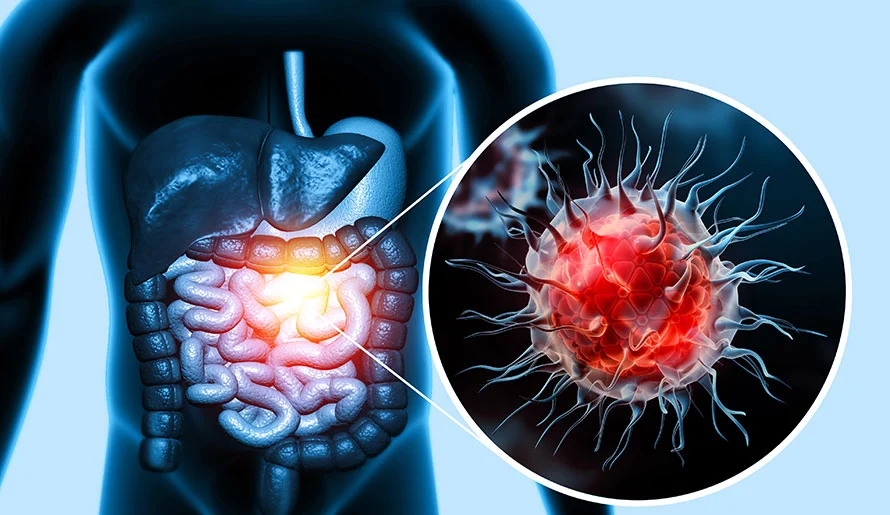New Delhi, 10 May 2025: A groundbreaking new study has revealed a concerning link between fatty liver disease in women and a significantly increased risk of premature birth. According to researchers, women diagnosed with non-alcoholic fatty liver disease (NAFLD) are more than three times more likely to deliver their babies before 37 weeks of gestation, compared to those without the condition.
What Is Fatty Liver Disease?
Non-alcoholic fatty liver disease (NAFLD) is a common condition in which excess fat builds up in the liver of individuals who drink little or no alcohol. It is strongly associated with obesity, insulin resistance, type 2 diabetes, and metabolic syndrome, and often goes undiagnosed due to its silent symptoms.
The Study: Premature Birth and NAFLD
The study, published in a leading medical journal, analyzed data from thousands of pregnant women across multiple healthcare systems. Researchers found that those with a pre-existing diagnosis of NAFLD were at least 3.5 times more likely to experience premature labor and delivery.
The association remained strong even after adjusting for other factors like maternal age, smoking, high blood pressure, and diabetes, suggesting that NAFLD is an independent risk factor for preterm birth.
Why This Matters
Premature birth—defined as delivery before 37 weeks—can lead to a host of complications for newborns, including:
- Underdeveloped lungs and organs
- Increased risk of infection
- Long-term neurological and developmental challenges
- Higher chances of neonatal intensive care (NICU) admission
With preterm birth being one of the leading causes of infant mortality worldwide, this new research highlights the need for early liver health screening in women of reproductive age.
Fatty Liver Disease And Pregnancy: What Experts Say
Dr. Meera Kulkarni, a maternal-fetal medicine specialist, commented on the findings:
“This study shines a light on how metabolic diseases like fatty liver can impact reproductive health. It’s no longer just about liver function; it’s about protecting mother and baby from potential complications.”
She stressed the importance of pre-pregnancy health evaluations, especially for women with a family history of obesity or diabetes.
Risk Factors for Fatty Liver in Women
- Being overweight or obese
- Sedentary lifestyle
- High sugar or processed food intake
- Polycystic ovary syndrome (PCOS)
- Type 2 diabetes or insulin resistance
Women planning pregnancy should talk to their doctors about their liver health, especially if they exhibit any risk factors for NAFLD.
Preventive Measures and Screening
Doctors recommend lifestyle modifications, such as a balanced diet, regular exercise, and blood sugar control, to prevent or manage fatty liver. Simple ultrasound scans and liver function tests can help detect NAFLD early.
This new study underlines a crucial but often overlooked connection between liver health and pregnancy outcomes. As NAFLD becomes increasingly common among women of childbearing age, healthcare professionals urge early detection and proactive management to reduce the risks of preterm birth. Taking charge of your liver health could be the first step to ensuring a safer, healthier pregnancy.







